Closing Date: 29 Jul 2024
What is this scheme?
The ICMS Knowledge Exchange (KE) Catalyst scheme supports mathematical scientists who wish to engage in KE activities in direct collaboration with an industry, public sector, or third sector partner. It is a secondment scheme that allows academics to devote between 30% and 100% of their time to a research project for 6-12 months. The purpose of this scheme is to enable significant engagement and support long-term commitment to the relationship with the project partner.
Who should apply?
Applicants must be eligible to hold an EPSRC grant, and contact with the project partner must be in place in advance of submitting an application.
Proposals are welcomed from:
- Researchers with a PhD and in a short-term or fixed-term post who want to develop their own project ideas
- Academics in an open-ended or continuing post who want to free up time to dedicate to a research project
This is an ideal opportunity for early-career researchers and established academics alike to:
- Develop a new KE partnership
- Build on an existing collaboration
- Generate impact from previous research
What can the ICMS provide?
Eligible costs include:
- Funding for the buyout of the applicant’s time (direct costs only) for the duration of the project, as specified in the proposal (e.g. the applicant’s salary or the appointment of a teaching replacement)
- Funding for the organisation of an ICMS@ KE workshop (this should take place before the end of 2025)
- Travel expenses to allow for in-person meetings with the project partner
Other reasonable expenses that are likely to directly enhance the project (e.g. usage of high-performance computing facilities) may also be eligible.
What are the expectations?
In this second round, proposed projects should align with the themes of the ICMS Mathematics for Humanity programme. It is expected that the project will endeavour to contribute to the betterment of humanity and address positive societal change. Example topic areas could include, but are certainly not limited to:
- Epidemiology and medical statistics
- Mathematical geoscience and the protection of the environment
- Safeguarding artificial intelligence and data science
- Mathematical models of circular economies
- Sustainable and equitable finance
- Networks, voting and democracy
- The mathematics of energy systems
- Improving communications of risks and other statistical information
- Climate change and tipping points in the climate system
Projects must begin no later than January 2025. The project duration can be between 6 and 12 months. The applicant should dedicate between 30% and 100% of their time to the project.
Successful applicants are expected to:
- Liaise with the ICMS KE Manager at regular intervals throughout the project
- Organise an ICMS@ KE workshop to disseminate the activities and outcomes of the project, and/or promote KE within the UK mathematical sciences community
- Submit a financial report and a scientific report within two months of the end of the project
- Acknowledge ICMS support in all communications related to the project
A list of FAQs can be found here.
This scheme has now closed. Applications to the current round are currently under review and outcomes are expected to be communicated in October.
Supported projects
In the first round, the ICMS was delighted to support seven projects at institutions across the UK spanning different areas of the mathematical sciences with applications in a variety of sectors.
Dynamic Personalised Modelling of Rehabilitation Pathways of Children with Acquired Brain Injury
Edilson Arruda, University of Southampton
Partner: NHS Southwest Regional Paediatric Neuroscience Centre at Bristol Royal Hospital for Children
Children and young people who sustain severe acquired brain injury often present to hospital in coma. Generally, they experience stages of reduced awareness up to full recovery. Some of them, however, develop a Prolonged Disorder of Consciousness (PDOC). Currently, inability to predict the outcome of individual patients hinders the early use of novel pharmacological and surgical treatments aimed at improving neuronal connectivity, which have been proposed for patients with PDOC. This project will develop the necessary predictive capacity to allow early identification of patients who could benefit from PDOC treatments, to enable targeted intervention via personalised care.
Workshop: Paediatric Neurorehabilitation Network Research Outcomes
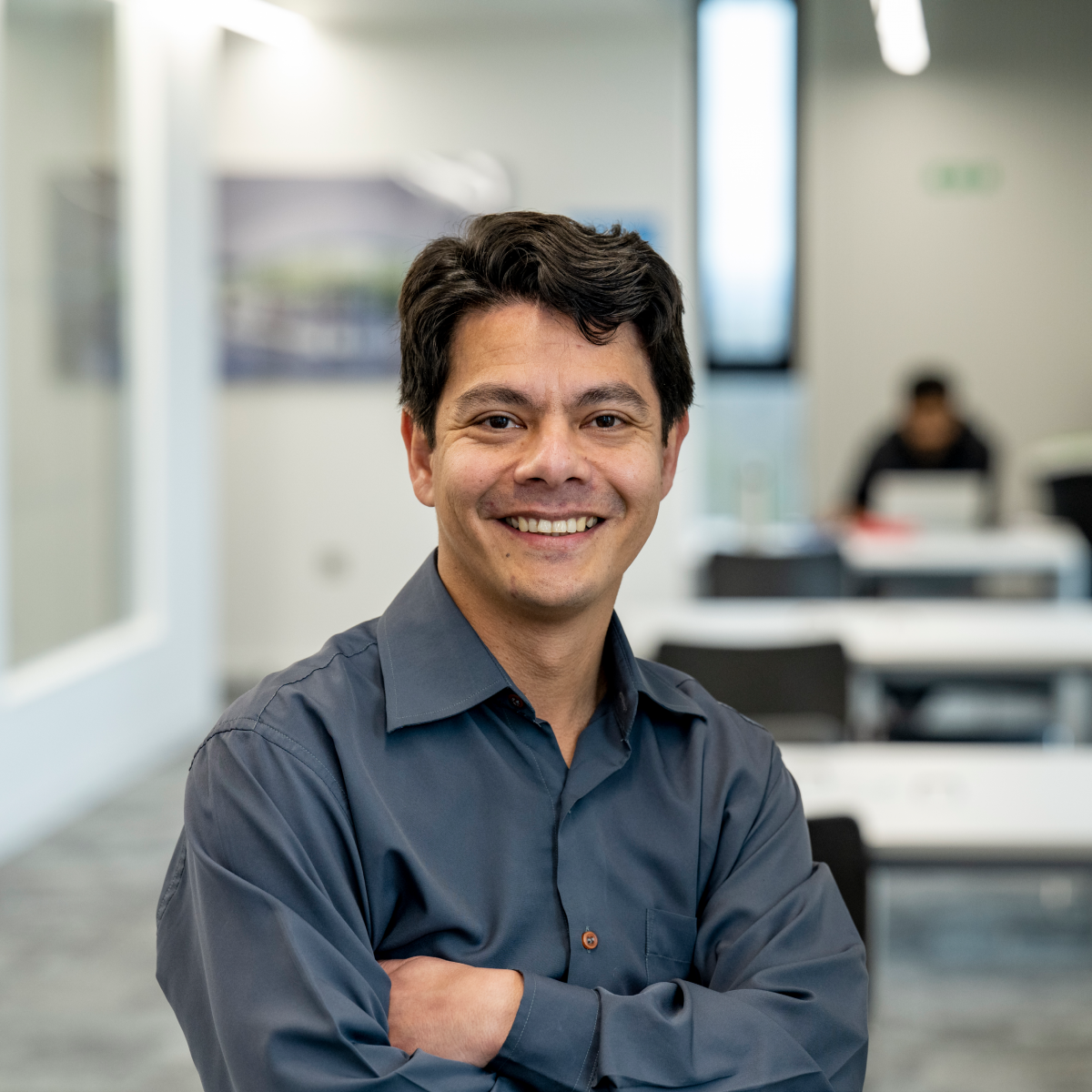
"This call is an amazing opportunity to leverage collaboration with key stakeholders to effectively tackle relevant societal problems. The fact
that the process is smooth and much less bureaucratic than the traditional funding streams is also a plus. If you have an idea to improve
society and know the key stakeholders who could help you achieve it, I strongly recommend that you apply."
Mathematics Mobilised for the Energy Transition (M-MET)
Chris Dent, University of Edinburgh
Partner: Global Power System Transformation Consortium
Decarbonising the energy system, while maintaining resilience against a changing climate, is a major challenge facing society. The mathematical sciences have a vital role in addressing this, due to a more complex system with large numbers of local resources, management of uncertain renewable generation and time-shifting energy through storage, and planning with limited data on extremes of weather. This project will work with the Global Power System Transformation Consortium, an international collaboration of electricity system operators, on their decarbonisation agenda, and connect more broadly the mathematical science community to challenges associated with future energy supply.
Workshop: ICMS KE Catalyst/Global Power System Transformation Consortium AI workshop
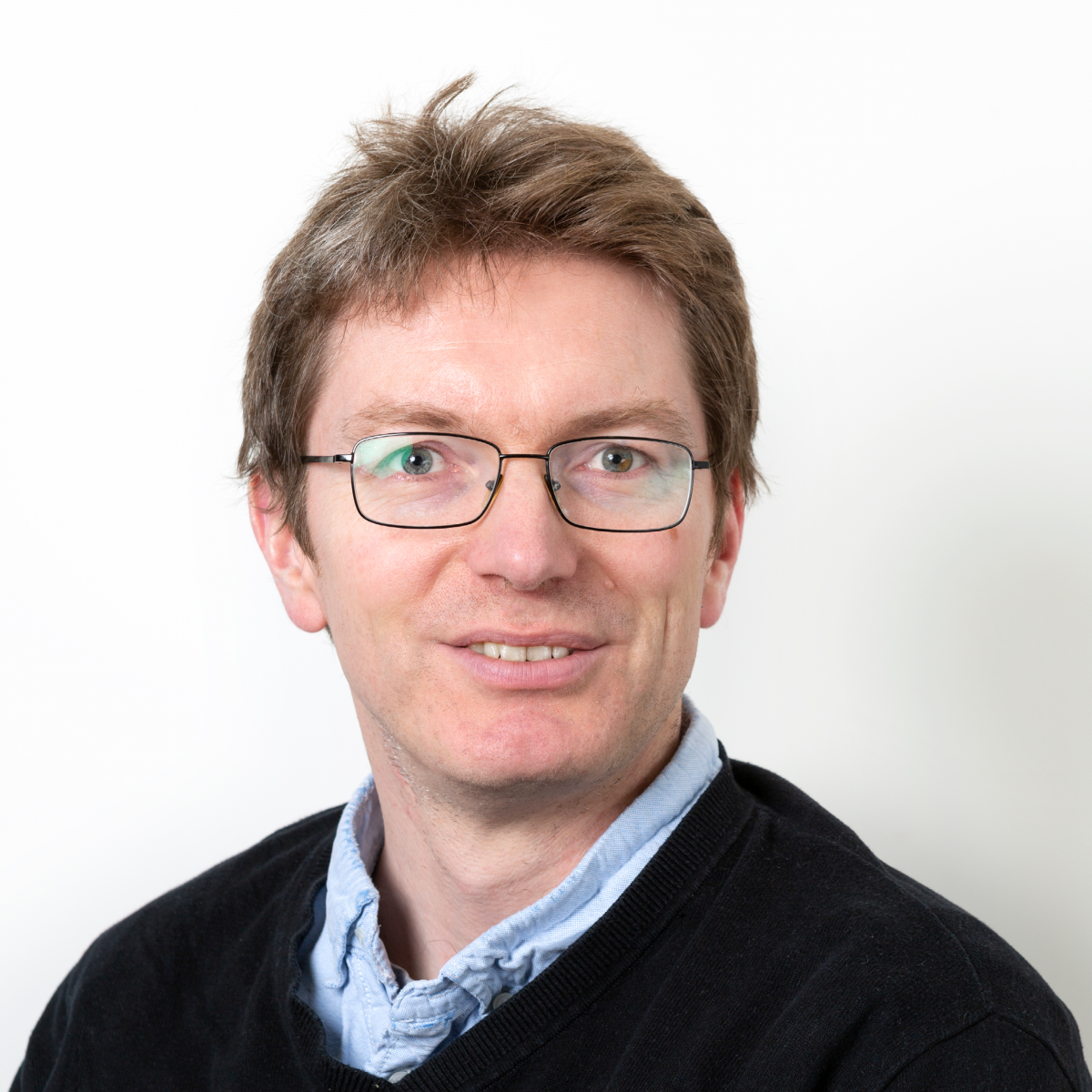
"The KE Catalyst grant has enabled me to work directly with the Global Power System Transformation Consortium on specific topics such as
risks of future electricity supply shortfalls, and more widely to develop new links between the international energy networks community and
the mathematical sciences – watch this space for news of successor projects!"
Data-driven Physical Models for Weather Prediction
Lisa Kreusser, University of Bath
Partner: Met Office
Accurate weather forecasts are of great importance for predicting the occurrence of extreme weather events such as floods, droughts, heat waves, cold snaps, and hurricanes, as these events can have a massive socio-economic impact on agriculture, transport, and energy use and production. While models based on physical laws have been used for decades for weather prediction, the use of machine learning has exploded in recent years. This led to a significant interest in the effectiveness of data-driven in addition to model-based methods for weather forecasts. This research aims to combine model-driven forecasts with weather data for accurate weather forecasts.
Workshop: Mathematical and Machine Learning based approaches in Climate Science
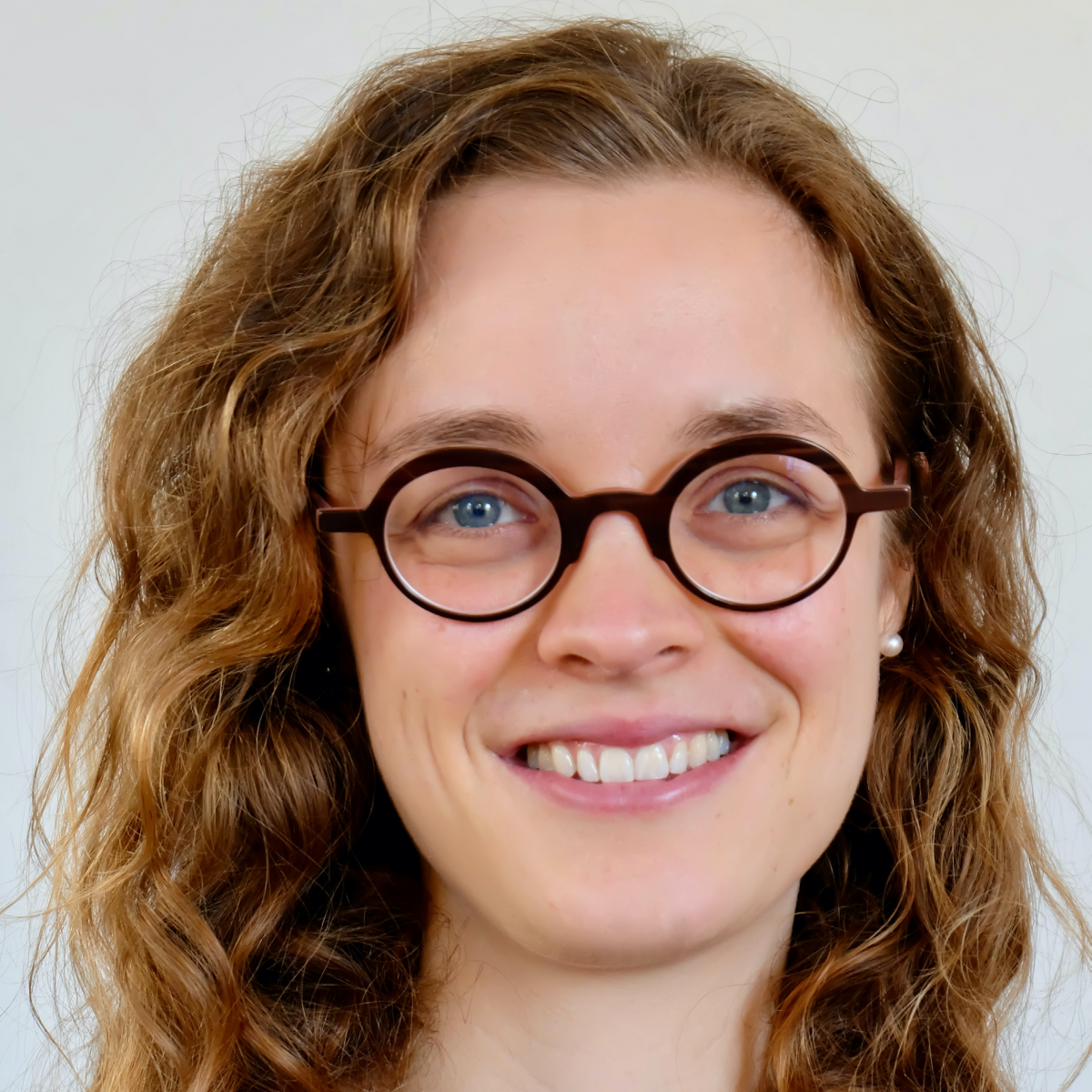
"The ICMS KE Catalyst has accelerated my research and its impacts on society enormously. This unique opportunity allowed me to
initiate new research projects at the interface of mathematics, machine learning and climate science in collaboration with the Met Office,
and to establish and strengthen my collaborations with several Met Office teams. In particular, the ICMS funding allowed me to engage
significantly with the Met Office and to develop a long-term interdisciplinary research programme, with lots of potential future projects
beyond the ICMS funding, and I am very grateful to the ICMS for making this possible."
Leveraging the Dynamic Predictive Ability of Robust Joint Models for Early Interventions in the ICU
Lisa McFetridge, Queen’s University Belfast
Partner: Intensive Care Medicine, Royal Victoria Hospital Belfast
Patients on mechanical ventilation are at risk of serious complications, with early intervention key to improving their prognosis. By leveraging a new intensive care unit (ICU) database within the Belfast Health & Social Care Trust, this project will adapt previously developed robust joint models to enable them to be used practically as an early warning system for serious adverse events. This has the potential to create a vital resource to aid ICU staff and, as the adaption of statistical models to real-time use is applicable in a wide range of applications, lead to engaging dissemination events.
Workshop: in planning
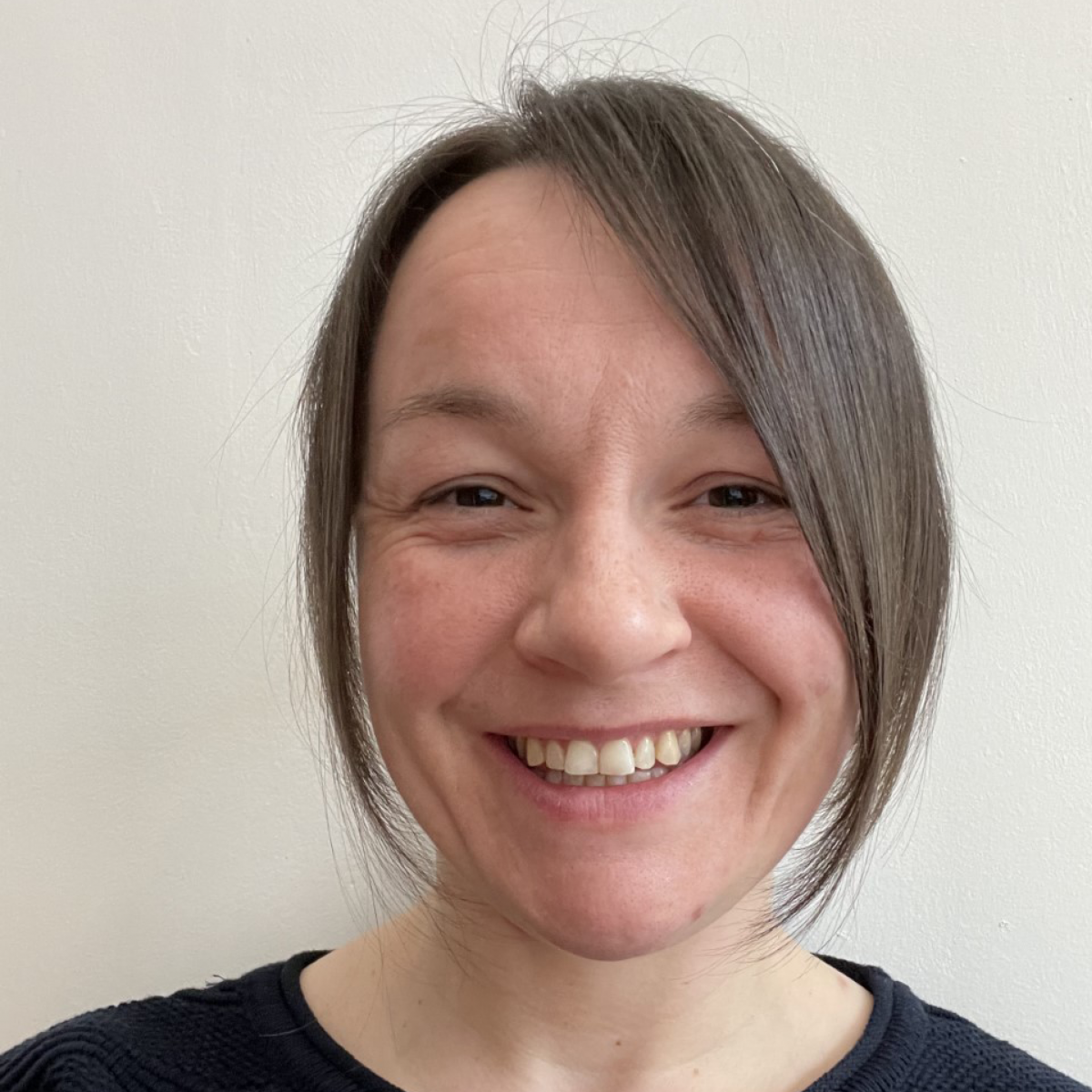 "The ICMS KE Catalyst funding has accelerated my research and its ability to make real world impacts. This unique opportunity provided
"The ICMS KE Catalyst funding has accelerated my research and its ability to make real world impacts. This unique opportunity provided
me with valuable time to work closely with partners in the Belfast Health & Social Care Trust to create an early warning system based on
advanced statistical algorithms which has the potential to improve the prognosis of critically ill ICU patients. The work for this is still
ongoing but it’s great to see the progress made so far and how much potential the system has to be further developed and expanded to
other departments and hospitals across the UK."
Informing Heating Cabinet Design with Shape Optimisation
Alberto Paganini, University of Leicester
Partner: The Alan Nuttall Partnership Ltd
This new knowledge exchange partnership between the University of Leicester and Flexeserve (a brand of The Alan Nuttall Partnership Limited) will demonstrate how state-of-the-art shape optimization techniques and software can be applied to inform manufacturing design. Flexeserve manufactures hot food cabinets in the UK. In this project, we will embed new knowledge and capabilities into Flexeserve’s Research & Development team to accelerate the design cycle and reduce its costs. The resulting new methodology will be applied to inform the design of a new generation of sustainable and energy efficient heating cabinets.
Workshop: An Introduction to Knowledge Exchange for Mathematicians
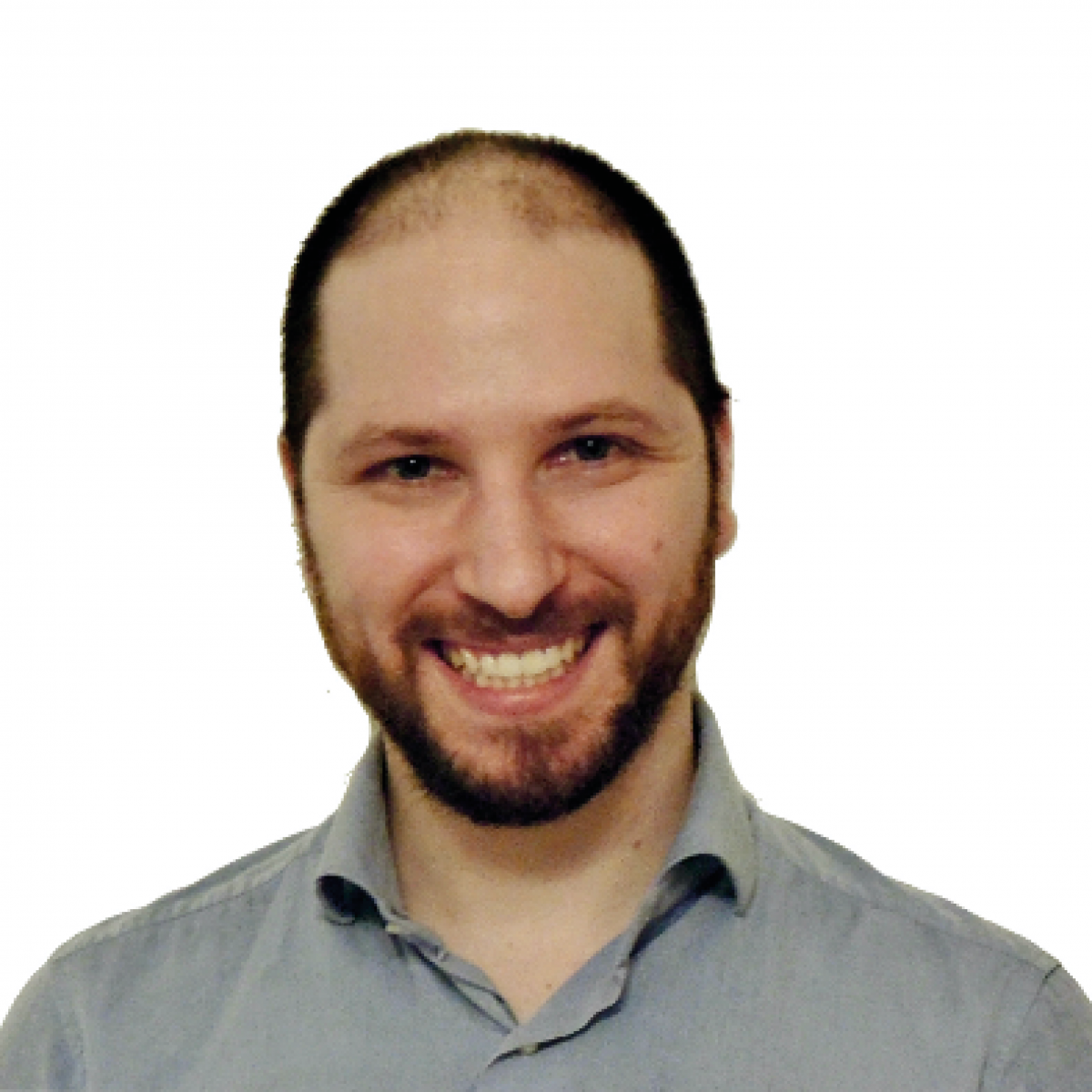
"The ICMS KE Catalyst fellowship allowed me to start a new industrial collaboration, engage in knowledge exchange, and deliver impact.
Having the time and funding to meet regularly and collaborate closely with the industrial partner proved incredibly valuable, and I am very
grateful to the ICMS for making this possible."
Geometric Rigidity, Graphic Statics and the Design of Gridshells
Bernd Schulze, Lancaster University
Partner: Skidmore, Owings & Merrill
In collaboration with William Baker, Cameron Millar and Toby Mitchell from the architectural and engineering firm Skidmore, Owings & Merrill (SOM), this project aims to develop new design tools for light-weight, long-span structures, such as gridshell roofs and cable net structures, using mathematical methods from Geometric Rigidity Theory and Graphic Statics.
Workshop: Knowledge Exchange Workshop on Geometric Rigidity, Graphic Statics and Engineering
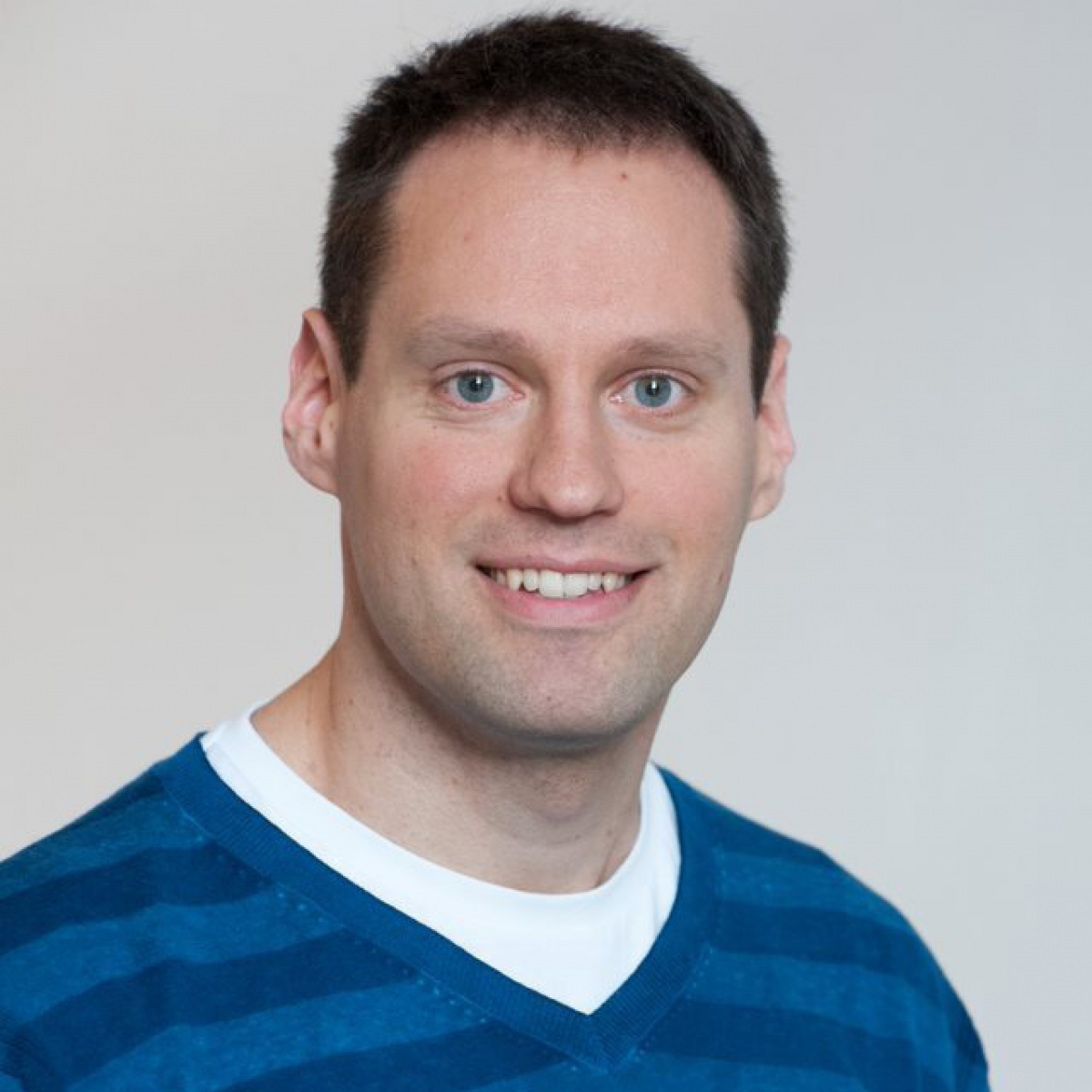 "The ICMS KE funding has allowed me to significantly expand my collaboration with the structural engineering company SOM, which has
"The ICMS KE funding has allowed me to significantly expand my collaboration with the structural engineering company SOM, which has
opened up a number of exciting new research directions. It's been great to see how useful methods and results from "pure" mathematics
can be to provide insights into real-world problems. There was tremendous interest in the KE workshop we organised as part of the project.
It brought together leading experts in structural rigidity from academia and industry and will hopefully lead to rich interactions between the
two communities in the future."
Development of Statistical Methods for Oil Evolution Analysis
Diwei Zhou, Loughborough University
Partner: Caterpillar
In engineering, the life of machinery is very important and engine oil plays a vital role in conserving its working life. Lubricating oil is analogous to the blood in a body, the life support of the engine. The main functions of lubricant are to cool engine components, seals and cleans the engine subsystems and lubricate surface in relative motion for both friction reduction and wear inhibition. There are many different components that make up engine oil, including a combination of base oils as well as additives, contaminants, and oil chemical evolution by-products. It can be a challenge to determine the trace concentrations of these ingredients when additives and base oil are present. The main aim of this project is to develop and assess oil evolution models using statistical methods.
Workshop: KE Catalyst Workshop at Loughborough University
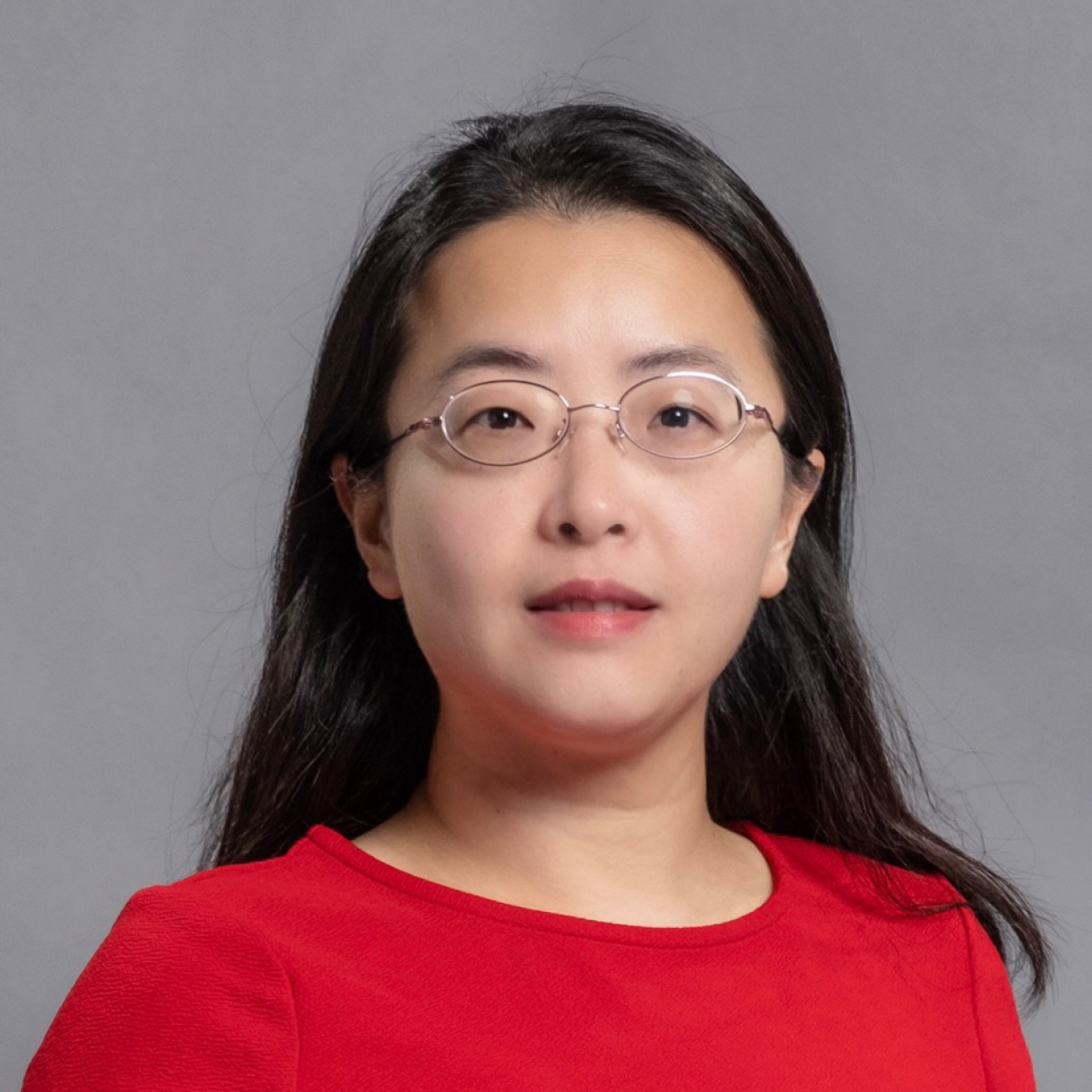
"Being a KE Catalyst through the ICMS has been an empowering journey, where I've witnessed firsthand the transformative impact of knowledge
exchange. It's inspiring to see how collaboration and innovation, fostered by the ICMS, can drive positive change. I'm proud to be a part of this
dynamic community."
